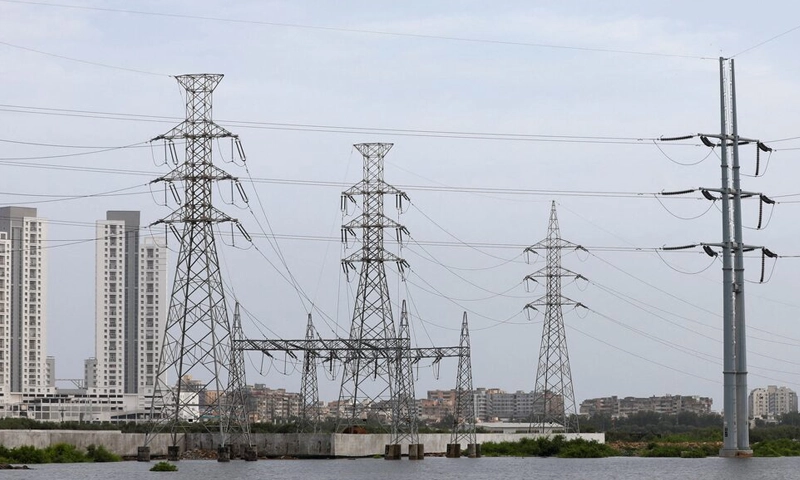- Web Desk
- Feb 24, 2026
NEPRA cuts electricity tariff amid rising inflation
-

- Web Desk
- Aug 07, 2025

ISLAMABAD: The National Electric Power Regulatory Authority (NEPRA) on Thursday slashed the power tariff by Rs1.89 per unit, a move that will provide relief to consumers across Pakistan.
Moreover, this price cut is a made under quarterly adjustment, meaning that the households would see their monthly bills reduced for three months.
The NEPRA opted for tariff cut a week after the ORGA (Oil and Gas Regulatory Authority) reduced the fuel prices, a combination that will help arrest the trend of rising public criticism.
Read more: Petrol prices slashed amid growing public anger
It is the April-June 2025 quarter for which the country has approved the tariff reduction. However, the monthly electricity bills would be adjusted in the coming months.
Just like monthly Fuel Charge Adjustment (FCA), the NEPRA reviews the power generation cost under the quarterly adjustment to determine whether the electricity tariff should be increased or decreased for the given period.
Fortunately, the electricity consumers are hearing the news that the tariffs are slashed at a time when the consumer price index (CPI) again registered an increase in July.
RESURGING CPI
The Pakistan Bureau of Statistics on August 1 released the annual inflation figures for July, showing that consumer price index (CPI) accelerated to 4.1 per cent year-on-year in July, up from 3.2 per cent in June.
Rising food, fuel and medicine prices were the main drivers.
Read more: Food, fuel prices accelerate annual inflation to 4.1pc in July
That’s why the State Bank of Pakistan (SBP) last month decided to maintain the interest rates at 11 per cent, as the country is witnessing inflationary pressure yet again since April.
It means the decision to hike the energy prices is generating the worst-possible scenario for an overwhelming majority which is witnessing their purchasing power shrinking for since 2018.
This cost of living crisis is complicated by stagnant wages and very little job opportunities for a 240 million-strong population.




